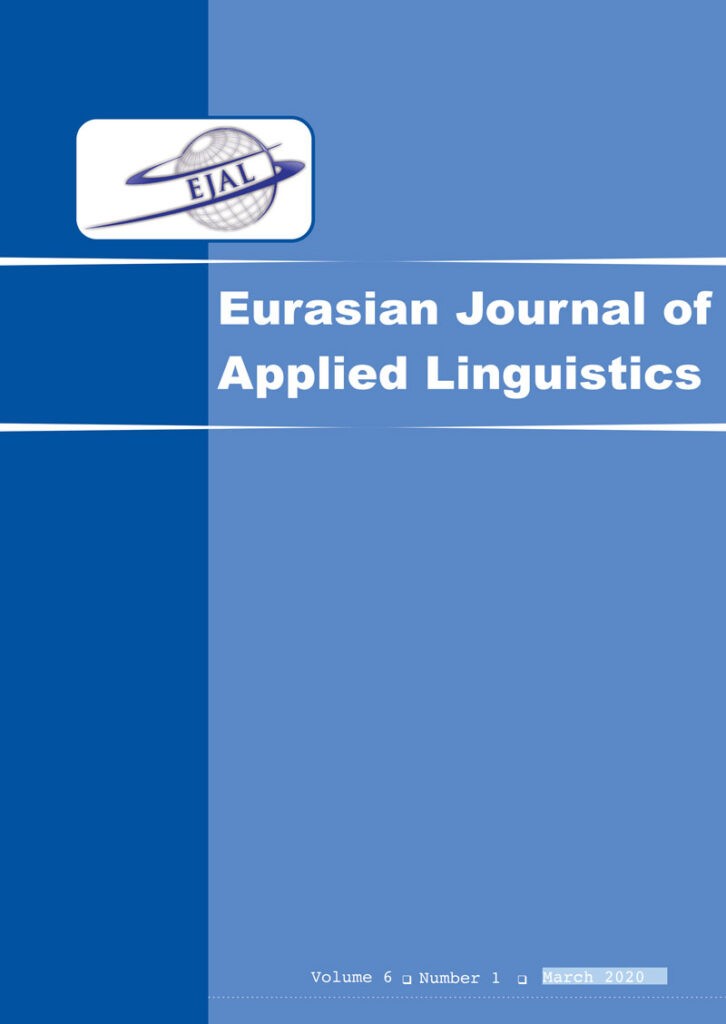Alireza Khoram
English Department, Faculty of Letters and Humanities, Shahid Chamran University of Ahvaz
https://orcid.org/0000-0003-0068-7634
English Department, Faculty of Letters and Humanities, Shahid Chamran University of Ahvaz
https://orcid.org/0000-0003-0068-7634
Ali Darabi Bazvand
English Department, Faculty of Education, Halapche University, Halapche
https://orcid.org/0000-0002-2620-4648
English Department, Faculty of Education, Halapche University, Halapche
https://orcid.org/0000-0002-2620-4648
Jwamer Sarkawt Sarhadc
National Institute for Technology, Sulaymaniyah
https://orcid.org/0000-0002-4981-6145
National Institute for Technology, Sulaymaniyah
https://orcid.org/0000-0002-4981-6145
Keywords: Intra-error feedback, inter-error feedback, teacher feedback, speaking ability
Abstract
Over the past few decades, error feedback has received substantial attention in language pedagogy. Despite this, few studies have been carried out on the effect and benefits of various modalities of error feedback on the oral proficiency of the intermediate EFL learners. To this end, an experimental design was adopted and implemented with 80 female high school students who were divided into four groups, namely, the intra-error feedback group (Intra-EF group), the inter-error feedback group (Inter-EF group), the teacher error feedback group (TEF group), and the control group. Treatment sessions for the experimental groups included three sessions for completing the speaking tasks and three sessions for feedback conferences. The participants in all groups completed the same speaking activities under the same process of discussion, but received different modalities of error feedback in feedback sessions. Results of T-test, one-way ANOVA and Scheffe Post Hoc test revealed that different stages of peer error feedback (i.e., intra- and inter-error feedback), as well as teacher error feedback influenced the learners’ speaking ability. Additionally, peer error feedback and teacher error feedback exerted different effects on their speaking ability.

